Fun With Kids & Ants
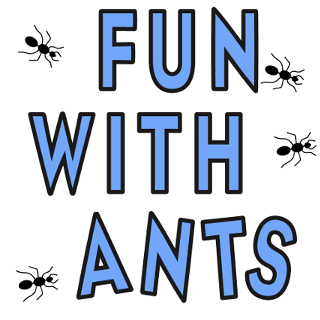
Last summer I had the fun and privilege of showing some kids in our neighborhood three Ant Kingdoms I created. I say Ant Kingdoms because Ant Farm® is a registered trademark of Uncle Milton Industries, Inc. and I honor and respect such things.
I started by purchasing some plastic jars like these from a local Walmart:
And I grabbed this jar from underneath our kitchen sink:
Then I went to my local garden center and picked up some unfiltered dirt. The kind gentleman at the garden center gave me the dirt for free since I didn't need a whole lot and because it amused him that it was being used to build an ant kingdom.
A special shout out and thank you to Patrick and the Magnolia Garden Village!
Next, I went to get some ants, and I wanted a lot of them. At least 150 for each Ant Kingdom. I captured almost 250 of them here near this park bench for Ant Kingdoms 3a & 3b:
I connected Ant Kingdoms 3a & 3b with tubing. I placed their food in one of the containers so they had to travel through the tubes to get to it.
So I placed all of the ants in the jars of dirt and watched them make themselves at home. The kids and I were thoroughly entertained. Within three days, the ants were making some nice tunnels. The kids got to see what ants do when they go underground. They made tunnels all the way to the bottom of the jars.
This video shows highlights of three months with these ants:
I showed the kids how to feed the ants, give them water, and clean the kingdoms. We put some of their food on little squares I cut from a pack of index cards so it was easy to clean up afterwards. Cleaning the ant kingdoms was quite easy because ants, by nature, are clean creatures. They set up a landfill in one corner of the jar and pile all of the junk they don't want there and take out their garbage every day.
I showed how the ants aerate the soil which helps vegetation grow. These ant kingdoms were set up with dirt and ants only, but before too long some vegetation sprouted up once the ants aerated the soil and I gave them water.
We did some experiments to see what types of things ants like to eat or store underground in their new home. In one clip, towards the end of the video, you will see them hurrying some roasted almond chunks into their home. Fun stuff.
The children were able to witness some key principles of life in action which I reinforced:
*Clean up after yourself
*Be a hard working creature
*Pitch in and do things that are good for you and your entire family
*Teamwork
*Store things up for the future, kind of like a savings account
All of the pictures, videos and artwork contained in this post were created by me.
I plan to get involved in some summer camps for kids as the camps like to get the kids involved in nature. I will also have a book coming out soon that shows how to do all of this ant keeping step-by-step.
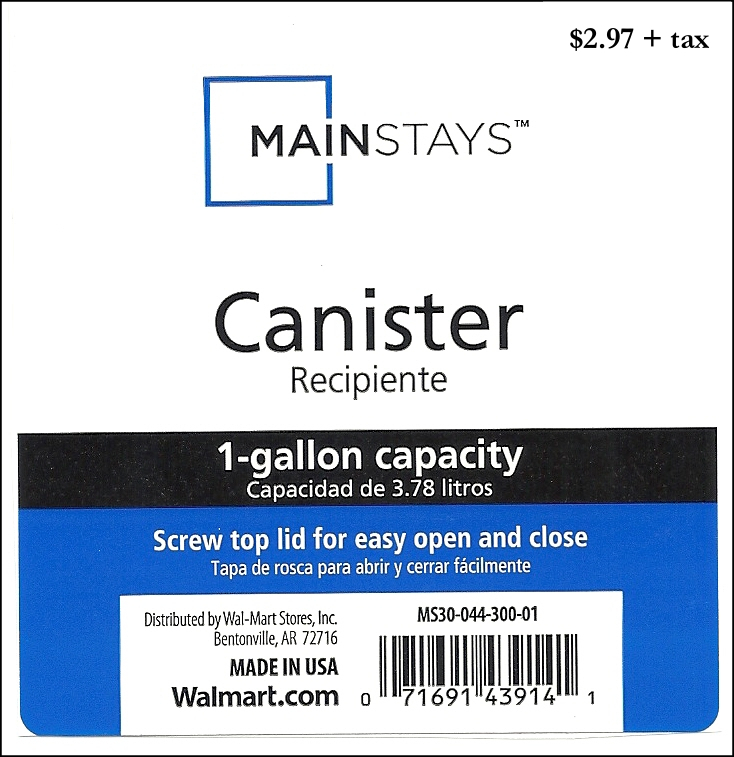

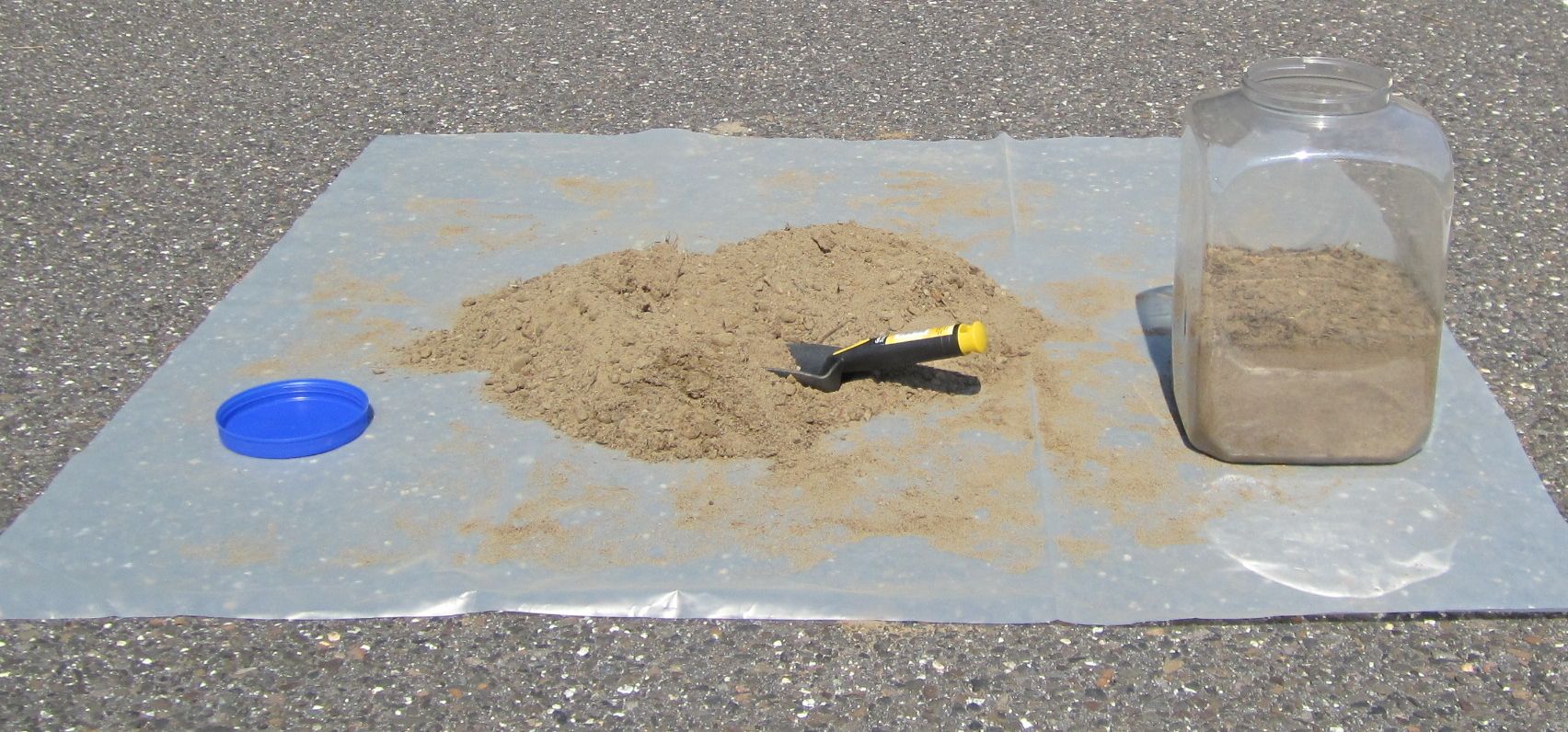
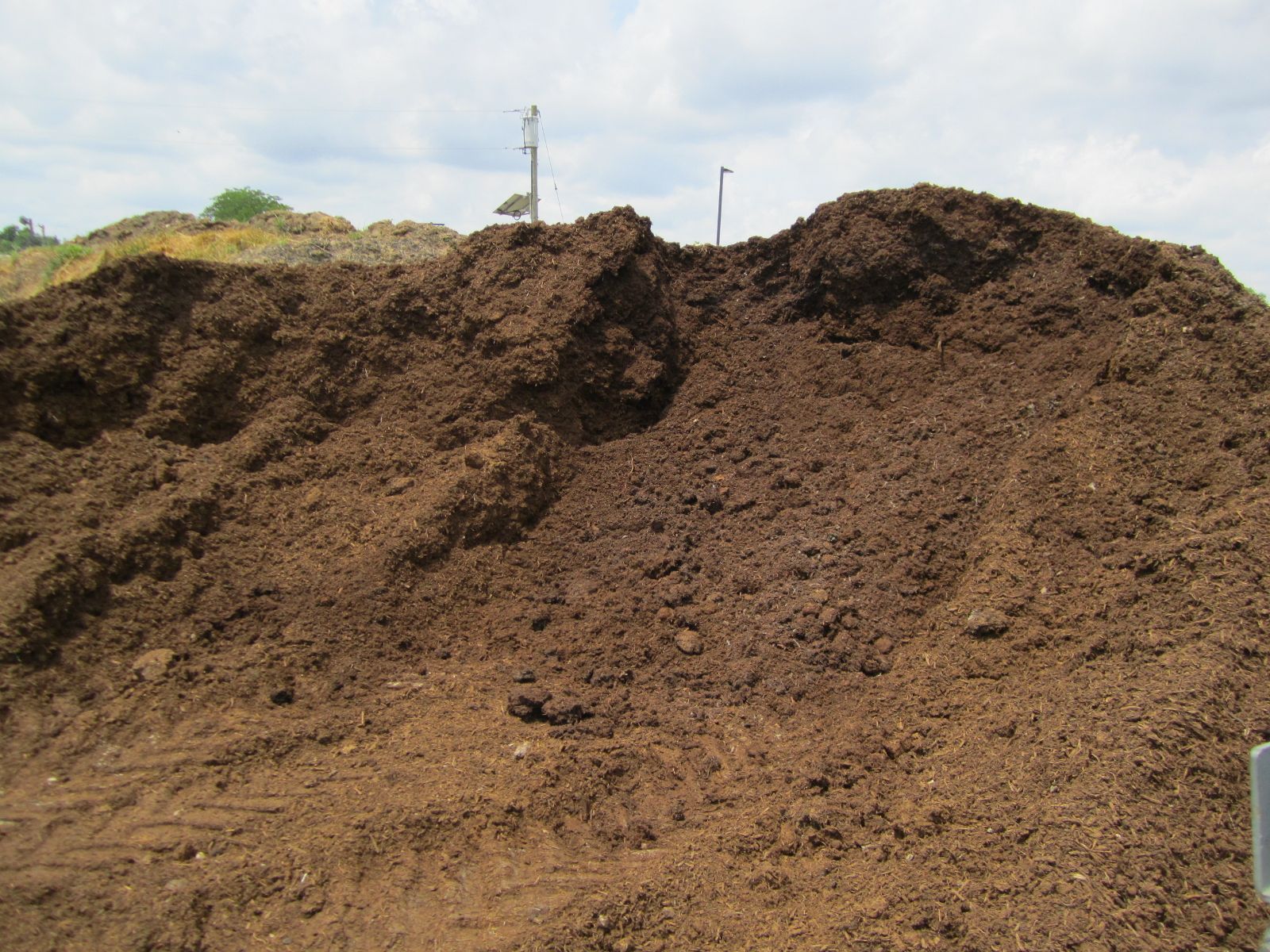

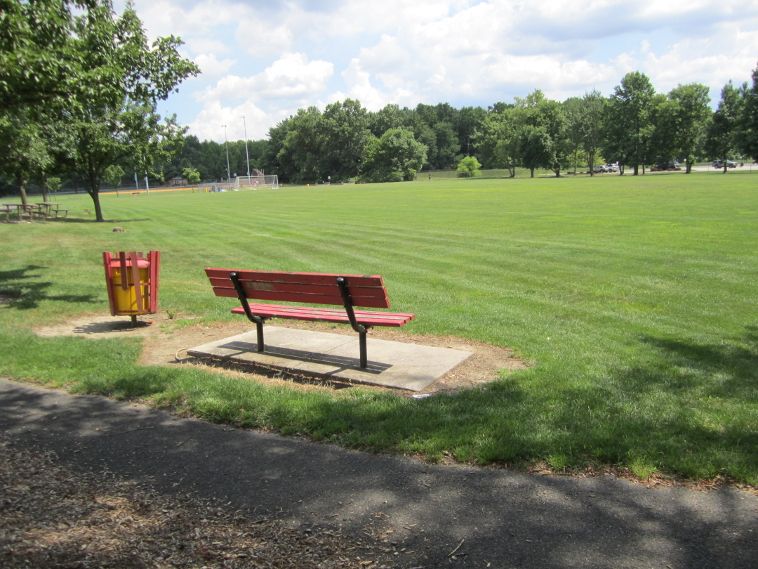
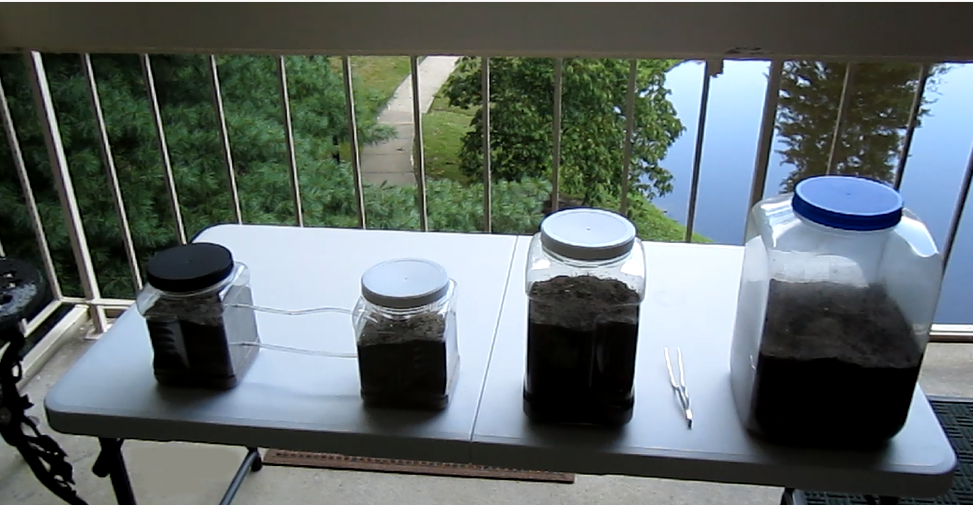

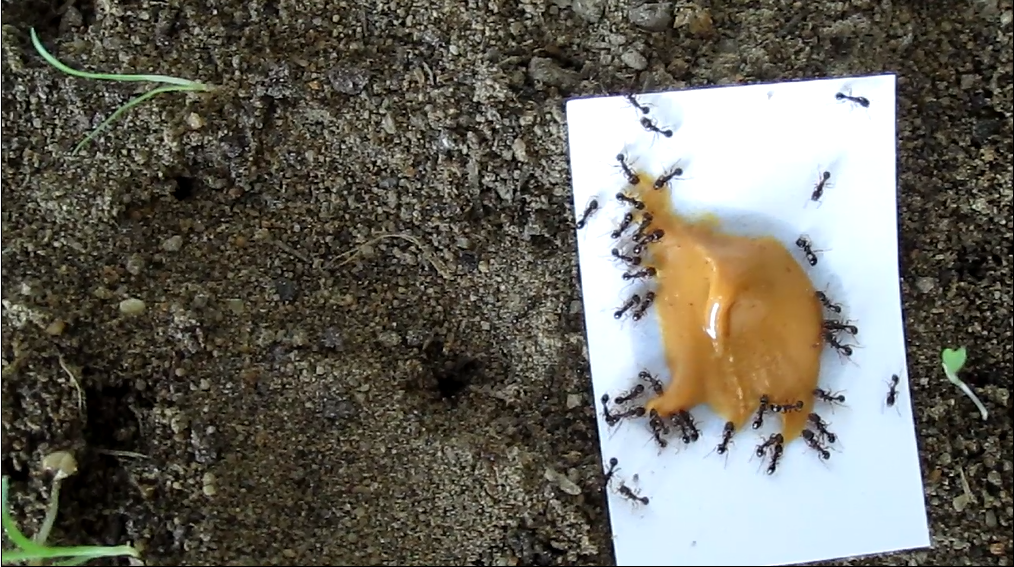
Very educational, you made a wonderful thing @michaelbkearney. Keep going!
Thank you!
This is awesome! Thanks for sharing, @michaelbkearney
Without a queen, how long do you expect these populations to last? I had a run-of-the-mill store-bought ant colony a few years ago, which is when I found out you can't purchase breeding ants. So, it was sad to see the nest expire after a few months.
Glad you liked my article @benfink. In response to your question about how long do I expect these populations to last, there are several things to consider, but some of the original ants should live at least three full months.
Uncle Milton, who was the pioneer and king of the Ant Farm®, did not ship queens with his farms. You probably found out what I found out, it is against the law to ship a queen ant. Uncle Milton does give a guide for the ants he ships and in the guide it says to expect the ants to live, and I quote, "they should live one to three months." For one thing, we do not know how old the ants are already when we capture them.
Now I set up my first kingdom in late June last summer and kept track of the days they lived. The final ants lived for 97 days. In the other two kingdoms I kept replenishing the ants by going back to the colony from whence they came and captured some more, and those kingdoms lasted longer for sure. I released the remaining ants back to their colony in late October as winter was approaching here on the East Coast. It was fun observing some of those family reunions. I captured footage when I reunited some in my kingdoms.
I did an internet search: What is the life expectancy of ants? and it seems the general consensus is that they live one to three months. The queens live for years, thirty I have heard, and they keep replenishing the worker ants so the colony lives on. Deborah Gordon, an entomologist at Stanford University, has followed the same colony for years, if I remember right it's been 28 years. She has some interesting videos on the internet.
I plan to set up the ant kingdoms earlier this year and I will continue to replenish the ants. Last year I had them June to October, and it was just the last four days of June, so almost July. This year I am looking May to October, and I will release those still alive back to their colony.
Now, if it your hope to have a queen to keep breeding ants, do an internet search: how to catch a queen ant. You will see youtube videos and a how to step-by-step on wikihow.
The last item to consider is what species of ants. I am most familiar with black pavement ants. Uncle Milton ships harvester ants. I don't know if the species of ants matters in the life expectancy.
I hope this answers your question.
many thanks for the detailed answer @michaelbkearney! fascinating stuff. Looking forward to following your ant adventures
Very cool and nice to see your payout on this one!
Thank you. I am watching you and learning from you! By the way, my oldest son breeds snakes across the river from you in Missouri. One just laid eight eggs. Some kind of albino. I sent him some of your snake posts and told him to get over here!
Sounds like I may need to head over there for a visit too. Thanks!
It reminds me of when I was a kid and I'd go inside my grandparents pump house to catch frogs.